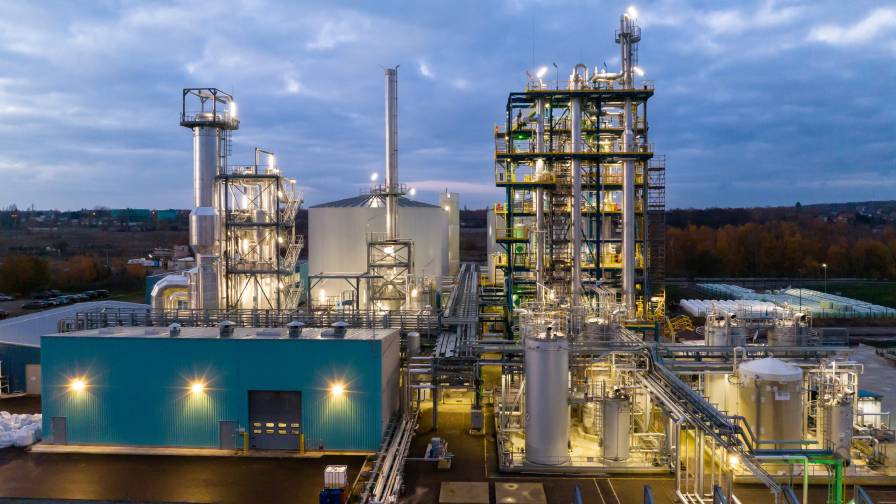Syngenta 1st-Qtr Sales Dip on Pricing, Cold Weather
Syngenta reported its first-quarter group sales of $3.7 billion were 1% lower from a year ago, hurt by lower pricing, cold weather in Northern and Central Europe, and reduced demand for fungicides and herbicides in Brazil and Paraguay.
Volumes were stable, while the more favorable currency trend which began in the second half of 2016 continued, with the Russian Ruble and the Brazilian Real strengthening against the dollar.
Erik Fyrwald, Chief Executive Officer, said: “While conditions for growers at the start of 2017 remain difficult, our business is steady and currencies are no longer a drag on our performance. For the full year we maintain our targets of low single digit growth in sales, an improvement in the EBITDA margin and strong free cash flow generation.
In recent weeks the ChemChina transaction has made very significant progress, with the receipt of regulatory approvals including the European Union and the USA. We look forward to closing the transaction in May 2017.”
Sales in Europe, Africa and the Middle East were unchanged despite a late start to the season in Northern and Central Europe, due to cold weather. This was offset by an excellent performance in South East Europe and ongoing growth in the CIS, as well as by solid growth in France due to the highly successful launch of ELATUS PLUS at the end of 2016.
In North America, a decline in Seeds sales was largely due to a timing difference in the receipt of trait royalties. Crop Protection sales showed robust growth driven by the ongoing success of TRIVAPRO, based on SOLATENOL.
In Latin America, sales were 3% lower. Dry weather in the second half of 2016, affecting the south of Brazil and Paraguay, reduced demand for fungicides and herbicides.
In Asia Pacific sales were up 4%. The main driver was ASEAN, with a continuing good corn seed performance. China grew based on the adoption of fungicides, notably AMISTAR®.
Sales of selective herbicides were primarily impacted by the late start to the season in Europe. In the USA, ACURON™ and DUAL GOLD® continued to expand despite competitive market conditions. Sales of non-selective herbicides were also lower due to softness in glyphosate. Growth in fungicides was driven by SOLATENOL™ based products in France, Germany and USA. This more than offset the impact of market weakness in Latin America. Insecticides sales were down due to lower sales in Northern Europe. Seedcare sales were slightly higher, with good performances by CRUISER® and FORTENZA® in Latin America.
Corn seed sales grew strongly in both Latin America and Asia Pacific. In North America corn sales were down due to trait royalty timing. Soybean sales were also slightly lower. Diverse field crops registered double digit growth driven primarily by sunflowers. Vegetables recorded growth in Europe and Latin America.






